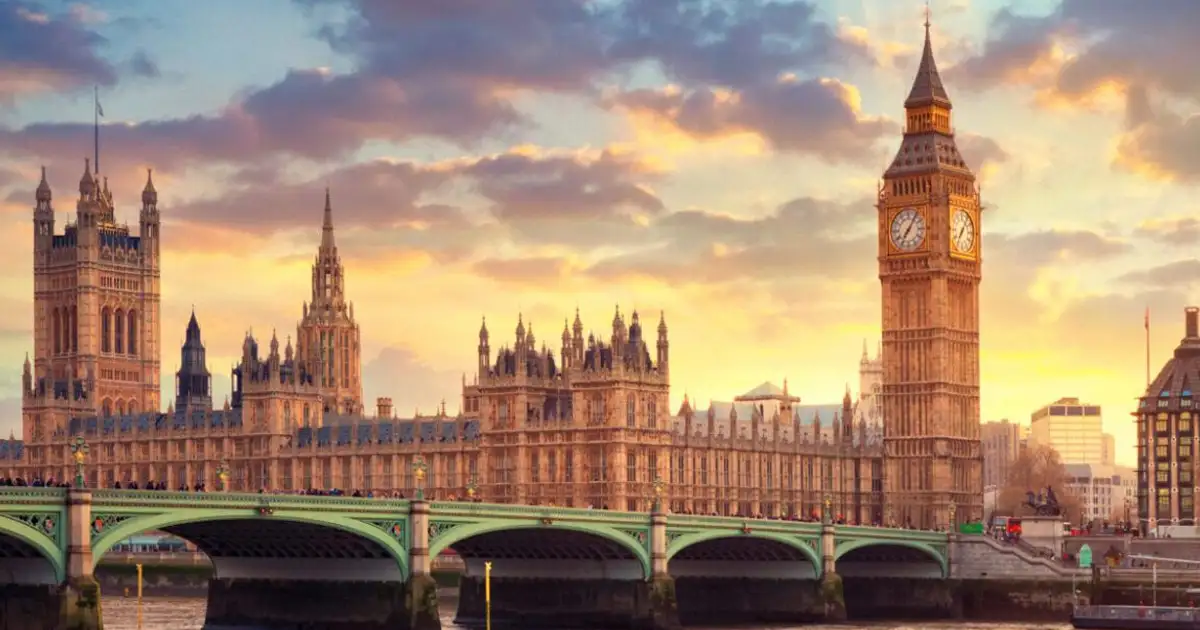Labour under pressure to tackle gambling advertising in sports
Labour ministers came under considerable pressure to tackle gambling advertising in the UK, particularly in sports, at a recent meeting in Westminster. Politicians, campaigners and well-known footballers called for urgent changes to better protect vulnerable people, especially children, from the dangers of gambling.
Stricter rules on gambling advertising urgently needed
At the meeting, Culture Minister Lisa Nandy was particularly urged to introduce stricter measures. Why? Because more and more people are concerned about the impact of gambling advertising, particularly in sports, on vulnerable groups such as children.
Iain Duncan Smith, who is leading the fight against gambling harm in a parliamentary group, said that most Britons want stricter rules. A survey even showed that many people want to get rid of gambling advertising altogether. Although Duncan Smith did not advocate a total ban, he did say that politicians should listen to the public more.
Gambling advertising in football remains a major problem
Football and gambling have become inextricably linked, and that is precisely where the problem lies. Duncan Smith called for a ban on gambling incentives such as “free bets” and argued that gambling advertising should be removed from the sport altogether, including the well-known shirt sponsorship. Premier League clubs have already promised that they will no longer have gambling companies on their shirts by the end of next season, but other forms of sponsorship, such as pitchside billboards, will continue to exist for the time being.
Mark Palios, chairman of Tranmere Rovers, is particularly concerned about the younger fans. He wondered out loud why children who are fans of smaller clubs, such as those in the lower divisions, should be less protected than fans of big Premier League clubs. Tranmere and 39 other clubs have therefore joined the Big Step campaign, which advocates the removal of gambling companies from the sport.
The rise of gambling problems and the call for action
Figures from the Gambling Commission show that up to 2.5% of British adults suffer from gambling problems, far more than previously thought. Campaigners, backed by GambleAware, are calling for a ban on gambling adverts before 9pm and more rules to reduce gambling harm.
Lord Foster, chairman of the Peers for Gambling Reform group, stressed that current legislation already provides ample scope to tackle gambling advertising without the need for new laws. He was surprised that the previous government had not seized this opportunity in their white paper on new rules.
The previous Conservative government previously said that there was not enough evidence that gambling adverts caused direct harm. But Dr Heather Wardle from the University of Glasgow said there was another way to look at it. She pointed out that with cigarettes, for example, we were already taking restrictive measures based on the harm we were seeing, even though we didn’t have hard evidence at the time. Why wouldn’t that be possible with gambling?
The gambling industry and the government’s response
The gambling industry itself is not sitting still either. A spokesperson for the Betting & Gaming Council said they were already working to promote safer gambling and reduce the appeal of gambling adverts to children. They pointed to the “whistle to whistle” ban, for example, which prevents gambling adverts from being shown on TV during live sporting events. However, studies have shown that gambling logos still appear thousands of times during Premier League matches via other promotional channels, such as pitchside billboards.
A government spokesperson said that most people can gamble without any problems, but that there needs to be better protection for those who are at risk of gambling harm.


